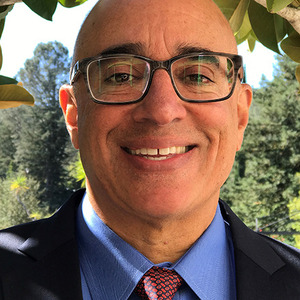Power List

Kuldev Singh
Power List Profile
Professor of Ophthalmology, Stanford University School of Medicine, California, USA
What is an interesting or little-known fact about you?
Although born and raised in the United States, I attended boarding school in Dehradun, India, until the age of 12, returning to the US to see my parents during summer vacations and subsequently completing high school in the Washington D.C. area.
Why did you decide to pursue ophthalmology/your subspecialty?
My primary reason for choosing ophthalmology as a specialty was an interest in public health and the tremendous unmet need with regard to eye care.
Where do you predict ophthalmology/your subspecialty will be 10 years from now?
My prediction for the field of glaucoma over the next 10 years is that, unless our profession changes course and trains adequate numbers of surgeons to perform trabeculectomy for advanced and/or rapidly progressing disease, we will see increasing glaucoma blindness due to a variety of factors including an aging population. Given all of the novel minimally invasive surgical approaches that have been developed for mild and moderate glaucoma over the past two decades, it would be sadly ironic if a shift of many young surgeons away from trabeculectomy, particularly in fee-for-service environments, may end up leading to greater glaucoma blindness. Minimally invasive glaucoma surgical innovation has been good for many patients but should not come at the expense of abandoning trabeculectomy for others.
Do you have any personal missions for the next 10 years?
Personal goals for the next 10 years include staying healthy and spending more time with family and friends.
Who would you invite to your dream dinner party?
One dream dinner party would include Arsene Wenger and Alex Ferguson to discuss the Arsenal-Manchester United rivalry of the 2000s and the impact it had on how football was played in England and throughout the world. Assuming there are enough seats at the table, it would be great to have the key players from the respective teams join as well.
